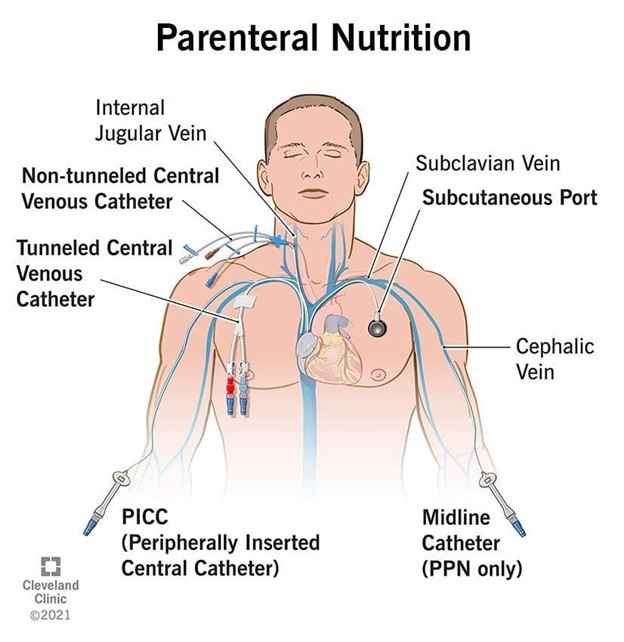A nurse is admitting a client to the psychiatric unit after attempting suicide. The client states, "My family does not care whether I live or die."
Which of the following responses should the nurse make?
"I'm sure your family does not want you to die."
"Why would you believe such things?"
"How does this make you feel?"
"You should talk to your family about your feelings."
The Correct Answer is C
"How does this make you feel?"
- A. "I'm sure your family does not want you to die." is not a therapeutic response, as it invalidates the client's feelings and imposes the nurse's own assumptions. This choice is incorrect.
- B. Why would you believe such things?" is not a therapeutic response, as it sounds judgmental and confrontational, which can increase the client's defensiveness and resistance. This choice is incorrect.
- C. "How does this make you feel?" is a therapeutic response, as it encourages the client to express and explore their emotions, which can help to build rapport and trust with the nurse. This choice is correct.
- D. "You should talk to your family about your feelings." is not a therapeutic response, as it implies that the client is responsible for resolving their own problems and that their family is willing and able to listen and support them, which may not be true. This choice is incorrect.
Nursing Test Bank
Naxlex Comprehensive Predictor Exams
Related Questions
Correct Answer is D
Explanation

- A is incorrect because IV tubing for total parenteral nutrition should be changed every 24 hours to prevent infection.
- B is incorrect because abdominal distention is not an expected effect of total parenteral nutrition. It could indicate a complication such as fluid overload or bowel obstruction.
- C is incorrect because gastric residual is not relevant for total parenteral nutrition, which bypasses the gastrointestinal tract.
- D is correct because weight measurement is an important indicator of fluid balance and nutritional status for clients receiving total parenteral nutrition.
Correct Answer is C
Explanation
Respiratory acidosis.
Rationale:
- A. Incorrect. The client does not have respiratory alkalosis because respiratory alkalosis is characterized by a low PaCO2 (less than 35 mm Hg) and a high pH (greater than 7.45).
- B. Incorrect. The client does not have metabolic alkalosis because metabolic alkalosis is characterized by a high HCO3 (greater than 26 mEq/L) and a high pH (greater than 7.45). - C. Correct. The client has respiratory acidosis because respiratory acidosis is characterized by a high PaCO2 (greater than 45 mm Hg) and a low pH (less than 7.35).
- D. Incorrect. The client does not have metabolic acidosis because metabolic acidosis is characterized by a low HCO3 (less than 22 mEq/L) and a low pH (less than 7.35).
Whether you are a student looking to ace your exams or a practicing nurse seeking to enhance your expertise , our nursing education contents will empower you with the confidence and competence to make a difference in the lives of patients and become a respected leader in the healthcare field.
Visit Naxlex, invest in your future and unlock endless possibilities with our unparalleled nursing education contents today
Report Wrong Answer on the Current Question
Do you disagree with the answer? If yes, what is your expected answer? Explain.
Kindly be descriptive with the issue you are facing.
